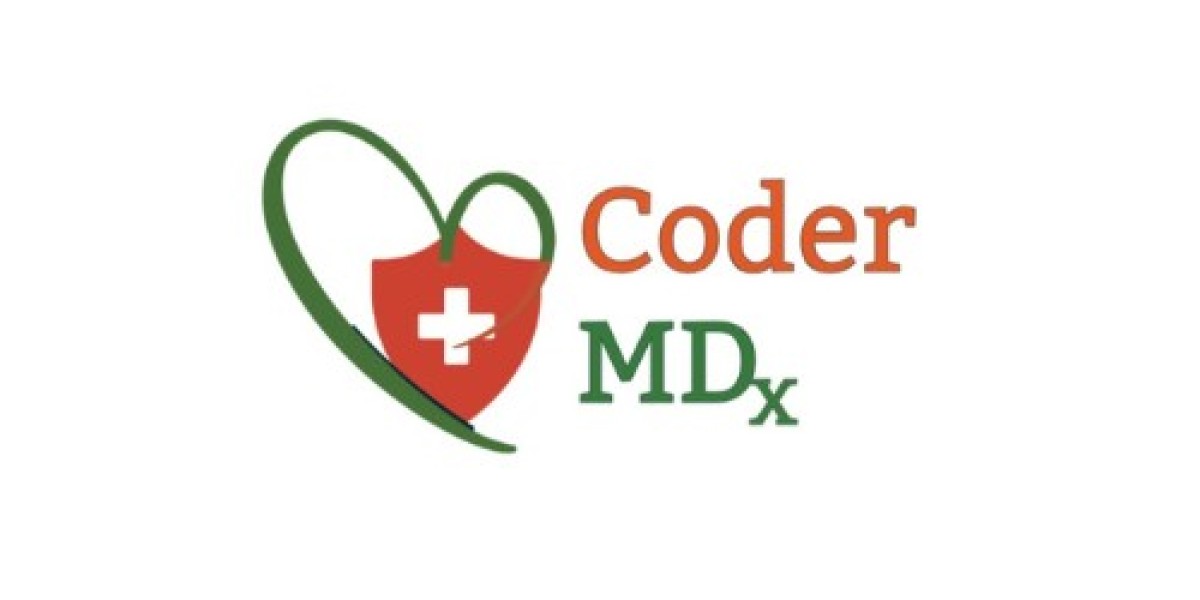Denial management is one of the most challenging yet essential aspects of the healthcare revenue cycle. It involves identifying, addressing, and resolving denied claims to ensure healthcare providers receive accurate and timely reimbursements for the services they deliver. A robust denial management strategy is crucial for maintaining cash flow, reducing revenue leakage, and optimizing the billing process.
What Causes Claim Denials?
Denials can arise from several factors, including:
Coding Errors: Incorrect or incomplete coding leads to claim rejections.
Eligibility Issues: Services rendered to ineligible patients or those without active insurance coverage.
Incomplete Documentation: Missing or unclear documentation to justify billed services.
Payer-Specific Requirements: Non-compliance with insurance payer guidelines or rules.
Duplicate or Late Claims: Submitting claims after deadlines or for previously billed services.
Why is Denial Management Important?
Claim denials not only disrupt cash flow but also increase administrative workload and lead to revenue loss if not addressed promptly. Effective denial management:
Reduces the number of rejected or underpaid claims.
Recovers revenue from previously denied claims.
Ensures compliance with payer regulations and industry standards.
Improves the overall efficiency of the revenue cycle.
Best Practices for Denial Management
Proactive Claims Scrubbing: Identify and correct errors before claims are submitted to payers, reducing the likelihood of rejections.
Eligibility Verification: Confirm patient insurance details at every visit to prevent eligibility-related denials.
Root Cause Analysis: Analyze denial patterns to identify recurring issues and address their root causes.
Timely Resubmissions: Correct and resubmit denied claims within the payer’s appeal window to recover lost revenue.
Staff Training: Regularly train billing staff on the latest coding standards and payer policies to reduce errors.
Leverage Technology: Use denial management software to automate error detection and streamline the appeals process.
Detailed Reporting: Monitor denial trends and use analytics to refine billing processes continuously.
How CoderMDx Can Help with Denial Management?
At CoderMDx, we specialize in providing denial management services that transform the way healthcare providers handle rejected claims. Our expert team and advanced tools ensure:
Quick Resolution: We address denied claims promptly to recover lost revenue efficiently.
Compliance Assurance: Our coders and billing professionals ensure compliance with payer guidelines and industry standards.
Denial Prevention: By analyzing trends and implementing best practices, we help reduce future claim denials.
Custom Reporting: We provide detailed insights to help your practice improve its billing operations over time.
Join the Discussion!
What denial challenges are you facing in your practice?
Share your experiences, ask questions, and explore effective strategies for better denial management. Whether you’re dealing with coding issues, documentation gaps, or payer-specific problems, we’re here to help.
? Contact Us: lianne@codermdx.com
?DM Messages: wa.me/16465174029
? WhatsApp Call NOW: +1 (646) 517-4029
? Visit: https://codermdx.com
Let’s work together to optimize your denial management process and ensure a healthier revenue cycle for your practice.








